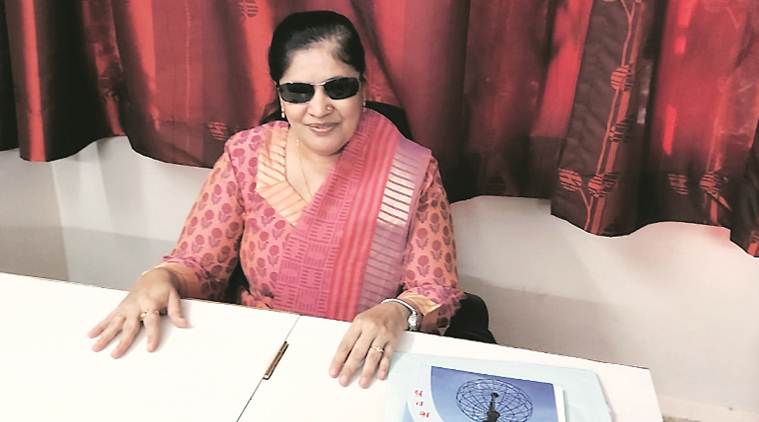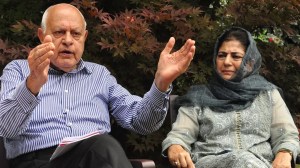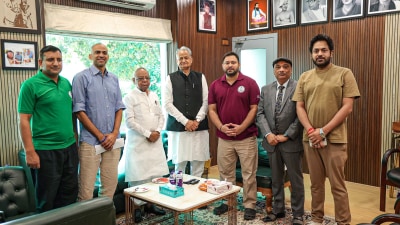Pune: ‘Leading students to financial independence is our most important achievement as an institution’
More than 90 percent staff of the school is women, led by Sakina Bedi.
 Sakina Bedi.
Sakina Bedi.
By Swasti Kulshreshtha
In the 1980s, the National Federation of the Blind decided to start a school in Pune. On January 4, 1989, they started Jagruti School for the Blind in Alandi with the sole objective to provide quality education to visually-impaired girls from rural areas. More than 90 percent staff of the school is women, led by Sakina Bedi. In an interview with Swasti Kulshreshtha, she talks about the power of women and education. Excerpts from an interview:
What brought you to this institution?
I am a professionally qualified social worker with an MA from the Tata Institute of Social Sciences. I have worked with several NGOs. When I came to Jagruti school in 1999, I felt that the institution needed me. I feel I am fortunate that I got to do what I always wanted.
How has the school grown and changed in your time?
I came to this organisation in April 1999 for the first time. Though the school was 10 years old, the institution didn’t have enough financial resources or contacts to take itself to the next level. I saw the girls living in tin sheds with limited hygiene and sanitation facilities. Close to 70 students were living in the institute then and the situation was not good. When I spoke to the key founder members of the institute, they said their main problems were lack of resources and communication skills to be able to mobilise them. The school was operating from a rented building till 2016. In March 2000, with the support of various corporates, we completed the construction of a hostel and gave the girls a decent place to live. In 2001, Jagruti school became the first special school in Maharashtra to get a Braille printing unit. In 2003, the state government gave us two acres on which we have constructed our school. In the same year, we also became the first special institution in the state to open a fully-equipped computer lab. In July 2009, we started the construction of a career-oriented education campus for the visually impaired. In 2016, with the help of a large number of corporates, we completed the first phase of this project, which is the school and the skill development centre building. We can’t use the skill development centre yet as we are facing financial constraints.
How are you planning to overcome financial constraints?
The government is committed to our project. But we have 105 students and the government supports only 40. If the attendance criteria isn’t met then they give us a grant for 30. The grant is just Rs 2 lakh to 3 lakh per annum, not enough for a residential school such as ours. We don’t charge the students but they can opt for a voluntary contribution. So, we need to raise money from corporates, charitable trusts, and funds. The economic slowdown has impacted us as it has become difficult for corporates to take up corporate social responsibility initiatives.
How are you working towards making things better?
My main source of inspiration is the performance of the students. For the past 22 years, we have recorded 100 percent results in the Class X examination. Leading these students to financial independence is our most important achievement as an institution. Many of our students who have passed out have joined PSBs (public sector banks), insurance sector or the software sector. They are working as clerks or teaching in schools and colleges. One girl is working in the GST (Goods and Services Tax) department in Yerwada and another is pursuing chartered accountancy while being enrolled in BCom. On Republic Day, 100 ex-students came to the school and collectively donated Rs 62,000.
What are your future plans?
We are planning to convert the school into a semi-English medium school as we are a Marathi medium school now. Once the hostel building is ready, we will open it to girls who pass out after Class X and join other colleges and schools to pursue higher education. We are also planning to train these girls in foreign languages, physiotherapy and sound recording.







